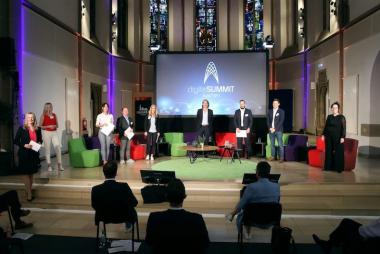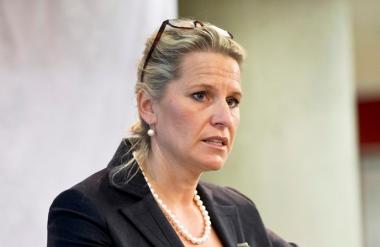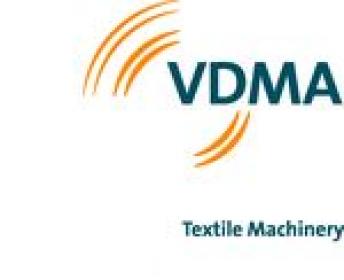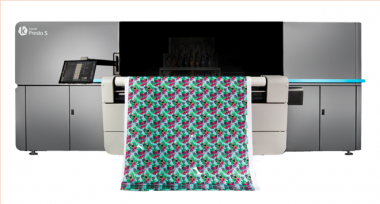INDA: IDEA® Achievement Awards for 2022
INDA, the Association of the Nonwoven Fabrics Industry, and Nonwovens Industry Magazine announced the opening of nominations for the prestigious IDEA® Achievement Awards. IDEA® is the preeminent event for the nonwovens and engineered fabrics conference and exposition and will be held at the Miami Beach Convention Center in Miami Beach, Florida USA, March 28-31, 2022.
The IDEA® Achievement Awards recognize leading companies and new innovations (since IDEA® in 2019) in the global engineered fabrics industry in six categories. Companies may now nominate their products, or their customers’ products, in the following categories:
- Sustainability Advancement (advances one or more elements of sustainability or circularity since 2019)
- Equipment (best new equipment introduction since 2019)
- Raw Materials (best new raw materials introduction since 2019)
- Short-Life (best new disposable product introduction since 2019)
- Long-Life (best new durable product introduction since 2019)
- Nonwoven Product (best new nonwoven product introduction since 2019)
INDA IDEA® Achievement Award nonwovens Association of the Nonwoven Fabrics Industry Sustainability raw materials
INDA





































